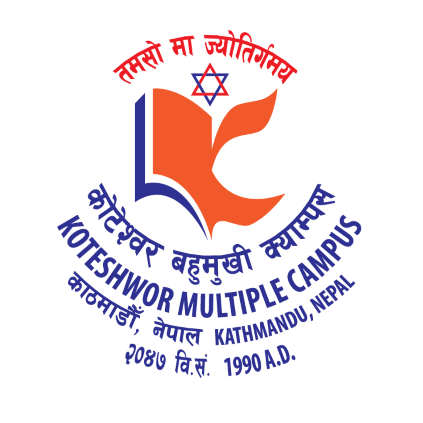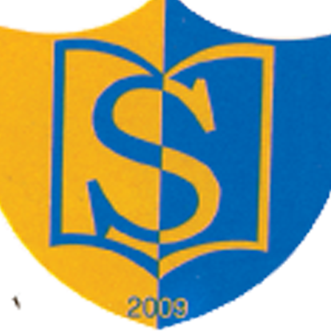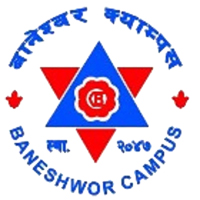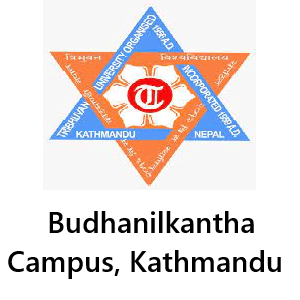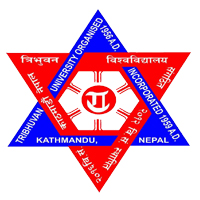Overview
Bachelor of Education (B.Ed.) at Dillibazar Kanya Multiple Campus
B.Ed. at Dillibazar Kanya Multiple Campus (DKMC), Dillibazar, Kathmandu, provides a Tribhuvan University route for students who want to become school teachers or move into education services. You follow TU’s four-year structure, complete teaching practice, and learn classroom methods that match Nepali school settings.
Many students ask how the semesters, practice schools, and assessments fit together; this course note answers those points so you can plan ahead.
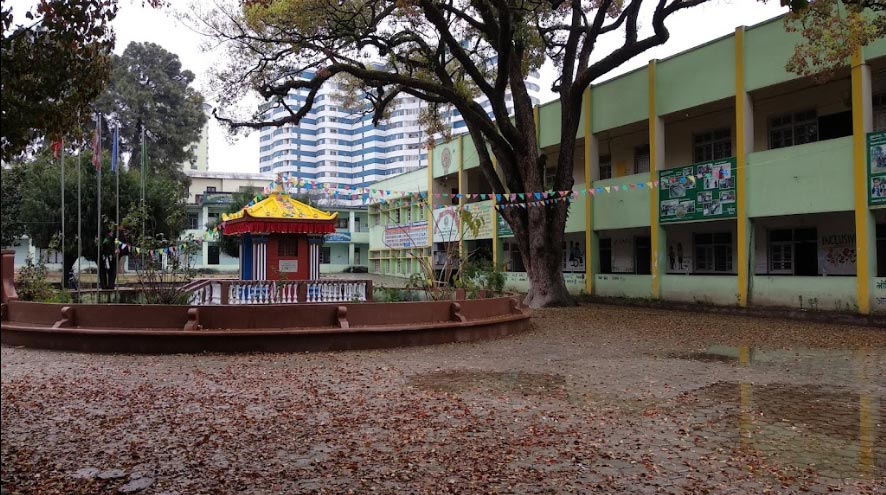
Highlights
-
Affiliation: Tribhuvan University (Faculty of Education)
-
Level: Bachelor’s (Undergraduate)
-
Duration: 4 years (8 semesters)
-
Seat capacity: 50
-
Intake window: July–August (as per campus/TU notice)
-
Assessment pattern: Internal evaluation, practicum, and TU examinations
-
Campus setting: Women’s public/community campus at Dillibazar, Kathmandu
Overview
B.Ed. at DKMC builds classroom confidence step by step. You study educational foundations, psychology, curriculum and evaluation, classroom management, and subject-specific pedagogy. Specialization options depend on campus offerings, typically English Education, Nepali Education, Social Studies Education, or Mathematics Education. The program links theory to practice through school visits, micro-teaching, and supervised teaching practice.
Curriculum details
Semester plans follow TU frameworks. A typical structure includes professional, subject, and practicum components.
-
Educational foundations: Philosophy of education, Nepali education context, and policy orientation.
-
Educational psychology: Learning processes, motivation, assessment, and student wellbeing.
-
Curriculum and evaluation: Course goals, content mapping, assessment tools, and result analysis.
-
Subject pedagogy: Methods for English/Nepali/Social Studies/Mathematics Education (as offered).
-
ICT in education: Classroom use of productivity tools and safe online practices.
-
Research basics: Simple research design, data collection, and report writing.
-
Teaching practice: Supervised lessons, reflective journals, observation, and feedback meetings.
Short lesson plans, unit plans, and micro-teaching cycles help you move from theory to classroom action without confusion. Coordinators schedule practice schools and supervision windows early.
Objectives
-
Teacher readiness: Build planning habits for daily lessons, homework checks, and record keeping.
-
Student support: Learn ways to handle mixed ability groups and keep classes attentive.
-
Assessment literacy: Prepare fair tests, rubrics, and feedback notes.
-
Professional conduct: Follow school etiquette, safeguarding norms, and ethical standards.
Scope
Graduates seek roles in public and private schools, education NGOs, and local government education projects. Some students continue to M.Ed. or specialized diplomas. Others support curriculum writing, exam preparation courses, and teacher mentoring.
Learning outcomes
Students who complete B.Ed. at DKMC usually can:
-
Plan coherent lessons with clear aims, activities, and assessment points.
-
Manage classrooms using routines and age-appropriate strategies.
-
Adapt instruction for learners who need more time or different modes.
-
Assess learning with simple tests, observation, and rubrics.
-
Reflect on teaching using feedback and evidence from the classroom.
Skill development modules
-
Lesson planning studio: Daily and weekly plans with time estimates and materials lists.
-
Assessment toolbox: Item writing, blueprinting, and basic data review for results.
-
Classroom language: Clear instructions, board work, and questioning techniques.
-
Inclusive strategies: Grouping, pair work, and scaffolds for reading and math.
-
Parent communication: Short notes, conference checklists, and progress updates.
Teaching methodology
-
Workshops and labs: Micro-teaching, peer feedback, and demonstration lessons.
-
Field exposure: School observation followed by supervised teaching practice.
-
Seminars: Policy talks, child protection basics, and education technology use.
-
Internal evaluation: Assignments, portfolios, and presentations with rubrics.
-
Exam orientation: TU paper patterns, marking schemes, and revision plans.
Admission requirements
-
Minimum qualification: 10+2 or equivalent from a recognized board.
-
Grade requirement: As prescribed by TU for B.Ed. in the current cycle.
-
Documents: Application form, photos, academic transcripts/character certificate, citizenship/ID, migration (if applicable).
-
Selection: Merit screening as per campus notice and TU norms.
-
Seat capacity: 50 (follow the latest campus notice for any update).
Career opportunities
-
School teaching: English/Nepali/Social Studies/Mathematics teaching in public/private schools.
-
Academic support: Resource room assistant, remedial classes, and library/media support.
-
Education services: NGO program assistant, training coordination, and community learning centers.
-
Further study: M.Ed., MA in related areas, and certification courses in specializations.
Scholarships and financial aid
-
Merit route: Partial fee relief for strong academic performance with required attendance.
-
Need route: Limited support for documented financial need within policy.
-
Activity route: Consideration for campus activities or representation where announced.
Applicants should monitor official notices, collect documents early, and submit within deadlines.
Why choose this course?
Students who want a school-focused career path find B.Ed. practical and structured. You practice lessons, receive feedback, and compile a portfolio that shows growth. Guardians appreciate clear expectations and visible progress during teaching practice.
Conclusion
B.Ed. at DKMC offers a steady route into classrooms under TU. Regular attendance, timely portfolios, and reflective journals help you meet expectations during practice and final evaluations. Students who plan unit maps in advance handle teaching weeks with less stress.
FAQ
Q1. Is teaching practice compulsory?
Yes. Supervised teaching practice is a core requirement.
Q2. Which specializations are available?
Subject options depend on campus offerings; commonly English, Nepali, Social Studies, or Mathematics Education.
Q3. How are semesters evaluated?
Internal tasks and end-semester examinations follow TU rules.
Q4. What documents are required at admission?
Transcripts, character certificate, citizenship/ID, photos, and migration if applicable.
Q5. Does the program include ICT training?
Yes. ICT in education helps you prepare lessons, manage records, and present materials safely.



